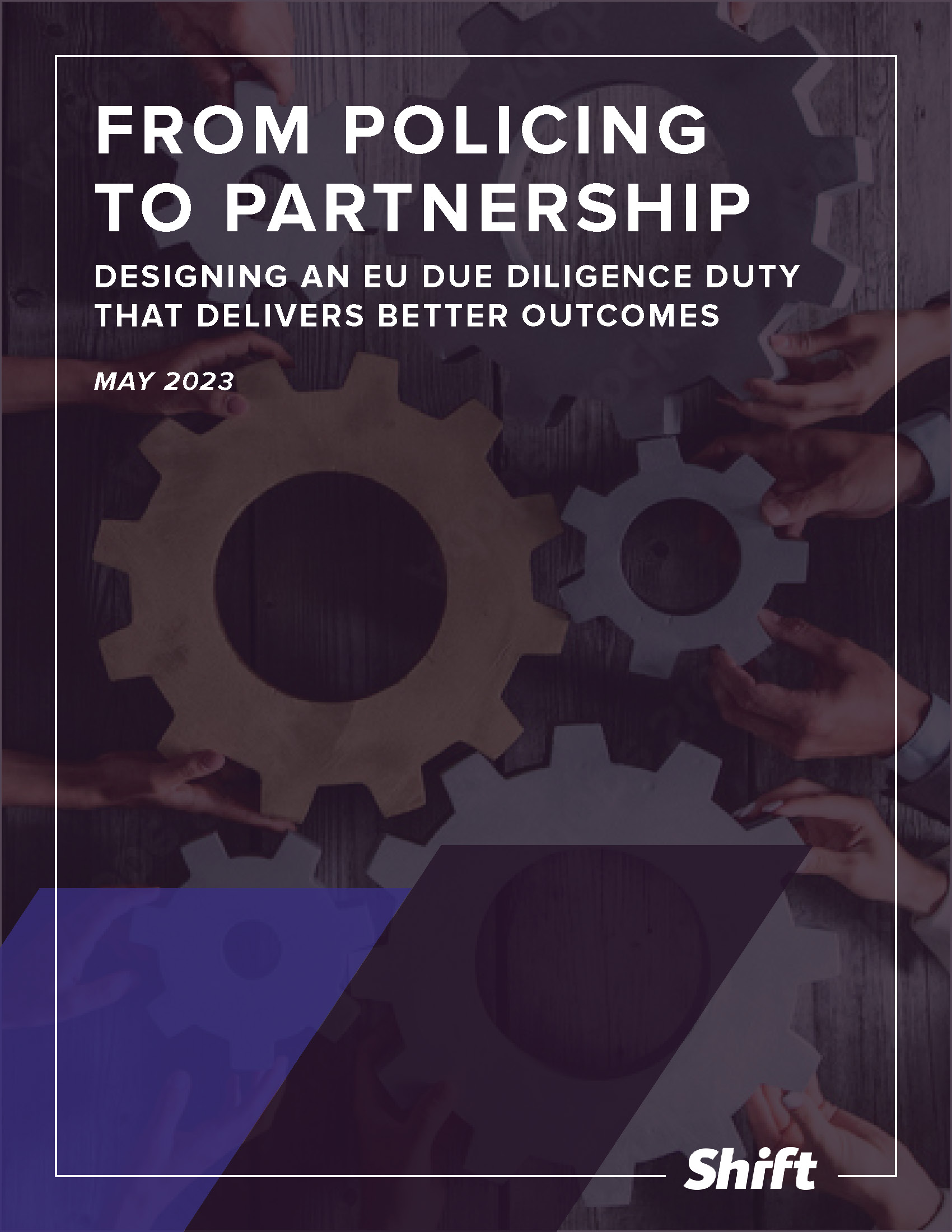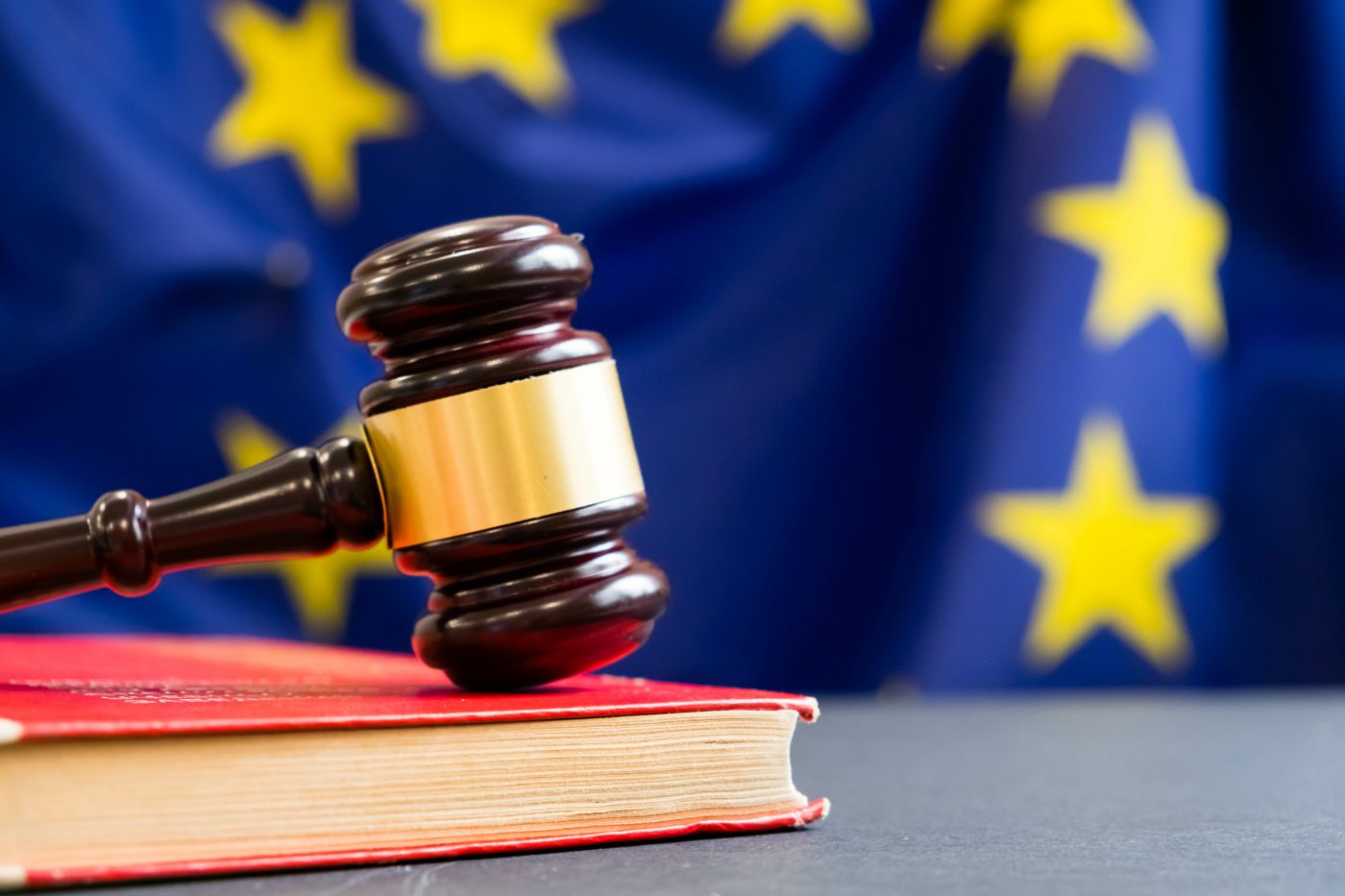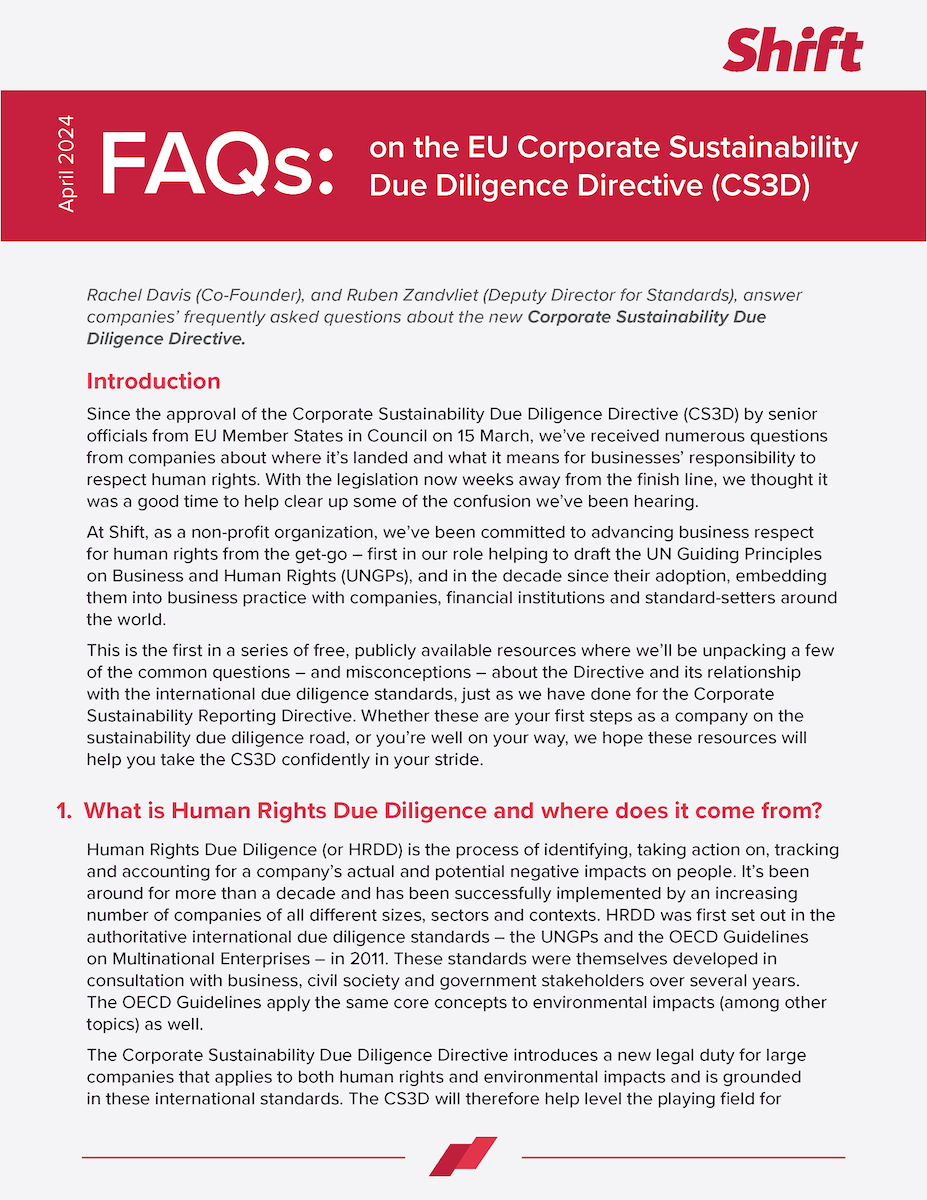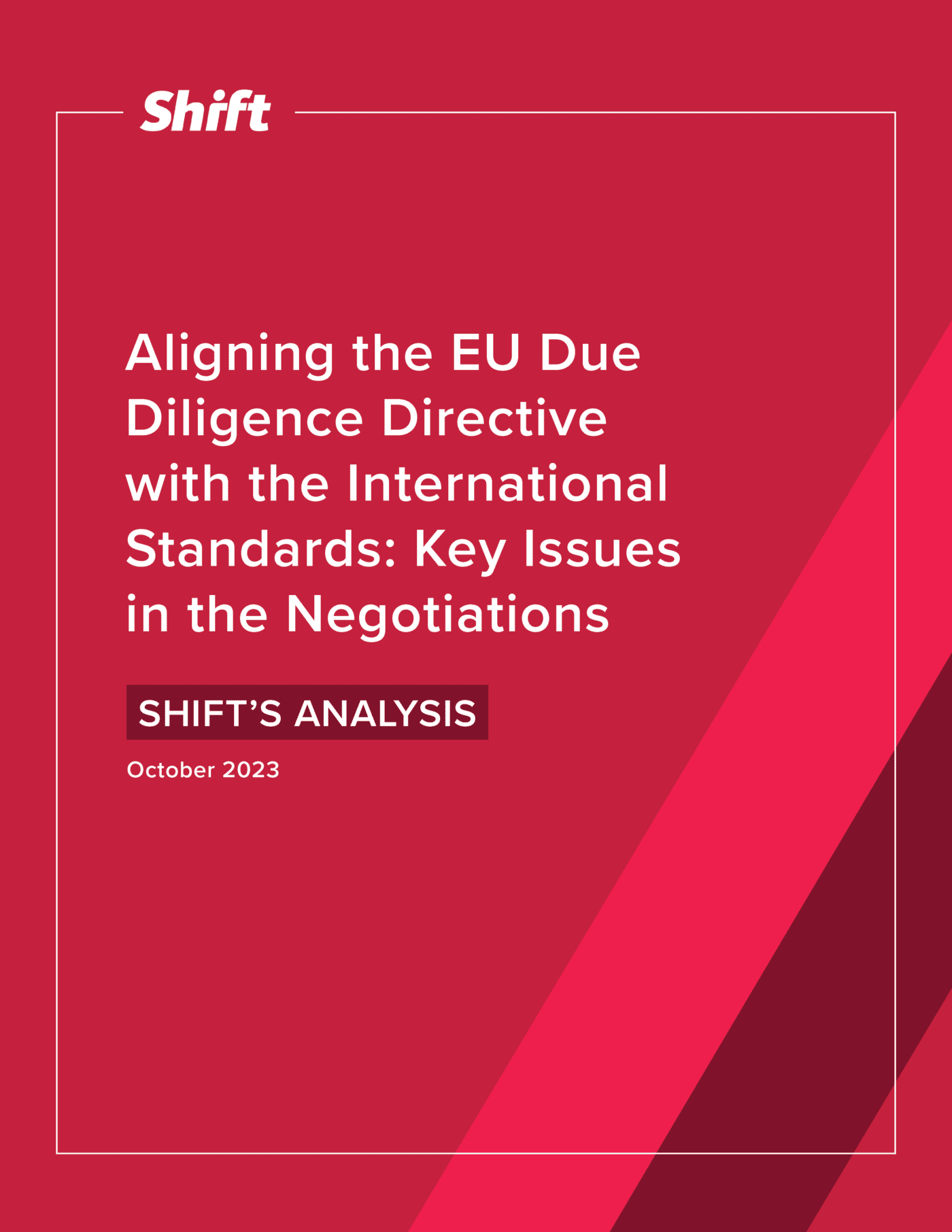What is the CS3D?
Starting in 2022, the European Union has been negotiating a draft Directive on Corporate Sustainability Due Diligence (CS3D), with discussions on a final law expected to begin by mid-2023. The draft Directive aims to ensure companies active in the single European market contribute to sustainable development by preventing and addressing negative human rights and environmental impacts.
How can we ensure the directive delivers for people and planet?
In our latest report, From Policing to Partnership: Designing an EU Due Diligence Duty that Delivers Better Outcomes, we set out clear recommendations to better align the core content of the duty to do due diligence in the draft Directive with the authoritative international standards for sustainability due diligence.
While the new duty will only apply to certain companies headquartered or operating in the single market, their business partners and other companies in key sourcing and production markets outside the EU will have an essential role to play. Our report is based on interviews with businesses and other stakeholders in Bangladesh, Kenya, Tanzania, and Thailand on the challenges and opportunities facing local companies in meeting their EU business partners’ human rights and environmental expectations, and in preventing and addressing human rights impacts in their operations.
The report looks at some of the current dynamics between EU companies and their non-EU business partners in managing human rights risks, and explores the opportunity the Directive presents to shift from a top-down ‘policing’ approach to one based on collaboration and mutual responsibility, in line with the international standards. It aims to bring the perspectives of companies in key markets into the current debate to provide vital insights into the kinds of practices and behaviors that should be incentivized in the new Directive – and those that should be discouraged – if we truly want it to deliver better outcomes for people and planet.
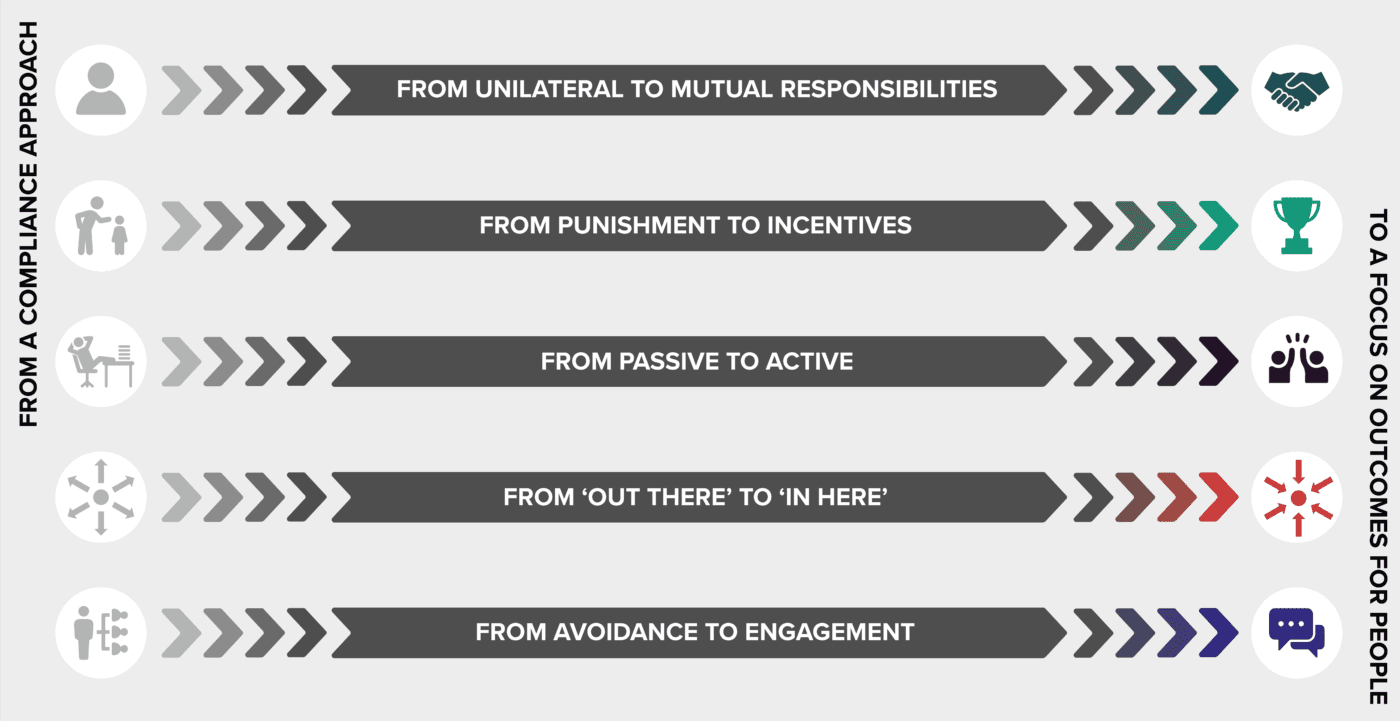
This report is divided into two main sections:
Section B, What did we hear? provides an overview of current behaviors and practices that are often not conducive to meaningful human rights due diligence.
Section C contains two parts:
- What is different about the international standards? benchmarks some of the problematic practices encountered against the international due diligence standards. It highlights what would signal more meaningful due diligence approaches, as compared to those that currently seem to dominate many of the relationships between EU companies and their business partners.
- What is the opportunity? underscores the potential for the CS3D to define a carefully crafted due diligence duty that incentivizes a shift towards practices that are more aligned with meaningful due diligence.
This research is part of a project funded by the Ministry for Foreign Affairs of Sweden.
